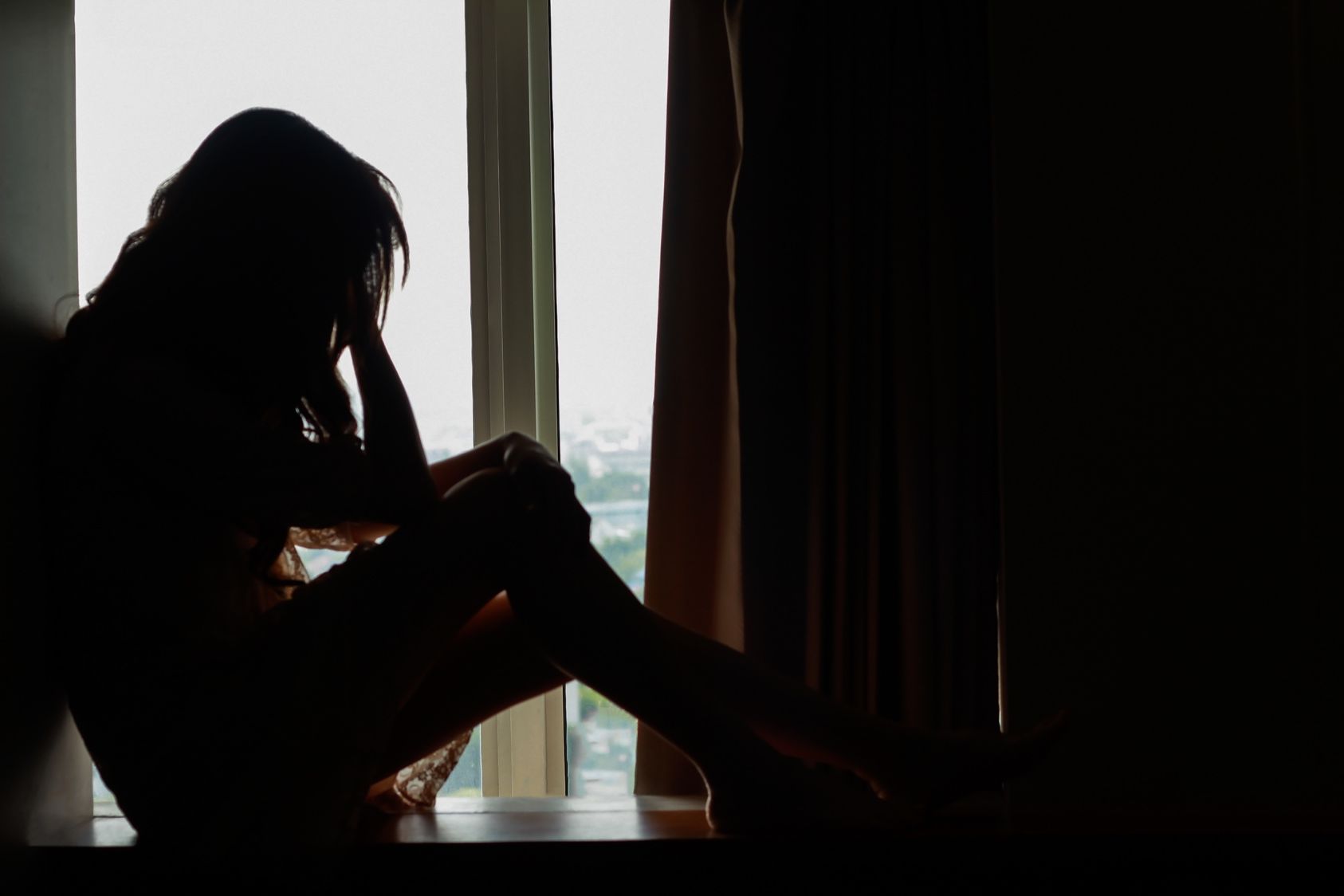
(Vienna, 23 August 2017) "It is important to address the problem of suicide on TV in order to de-stigmatise it. But it all depends on 'how' it is done. It is important to show that there is always another solution, that there is always another way out of a difficult life situation". That is the central message of an editorial written by MedUni Vienna researchers led by Thomas Niederkrotenthaler (Suicide Research Unit at the Center for Public Health) that appeared in the prestigious BMJ about the portrayal of suicide on TV in response to the controversial Netflix series "13 Reasons Why" ("Dead girls don't lie"), in which a young woman takes her own life.
This message is completely in line with this year's motto for World Suicide Prevention Day on 10 September 2017: "Take a minute, save a life". Says Niederkrotenthaler: "Together with American suicide prevention experts, we want to put pressure on Netflix and perhaps we can persuade them and other sections of the entertainment industry to change the way they portray suicide on TV."
Addressing the issue of suicide – but in the right way
The experts at MedUni Vienna believe it is all about "how" it is portrayed. It is not a matter of avoiding the issue of suicide – quite the contrary. Says co-author Benedikt Till from MedUni Vienna: "The subject needs to be de-stigmatised and must therefore be dealt with on TV. However, it is important to show how you can survive a suicide attempt and take back control of your life – that there is always a way out. That could be enormously helpful."
To this end, the researchers from the Medical University recently got together with colleagues under the umbrella of the Austrian Society for Suicide Prevention (ÖGS) to publish a brochure entitled "How to deal with Netflix series '13 Reasons Why' in school", which also serves as a model for teachers, doctors and also families to help them address other portrayals of suicide. Link to download the brochure (German).
At the same time, the MedUni Vienna experts led by Niederkrotenthaler have played a significant role in revising the World Health Organization's (WHO) media recommendations on the portrayal of suicide – which will be presented in Geneva on World Suicide Prevention Day on 10 September. Until then it is particularly important that media content relating to suicide is dealt with in such a way as to minimise copycat effects and highlight and reinforce preventive effects.
Contact points in Austria
There are preventive offerings in Austria on the website of the Austrian suicide prevention platform www.suizid-praevention.gv.at, in which MedUni Vienna is also actively involved. The content of this website is aimed at people who 1) have suicidal thoughts themselves 2) are concerned about someone who is harbouring suicidal thoughts 3) have lost someone to suicide or 4) want to know more about the subject or are looking for points of contact.
Service: BMJ (British Medical Journal)
„Suicide on TV: minimising the risk to vulnerable viewers.“ F. Arendt, S. Scherr, B. Till, Y. Prinzellner, K. Hines, T. Niederkrotenthaler. BMJ2017; 358:j3876 doi:10.1136/bmj.j3876; August 2017.